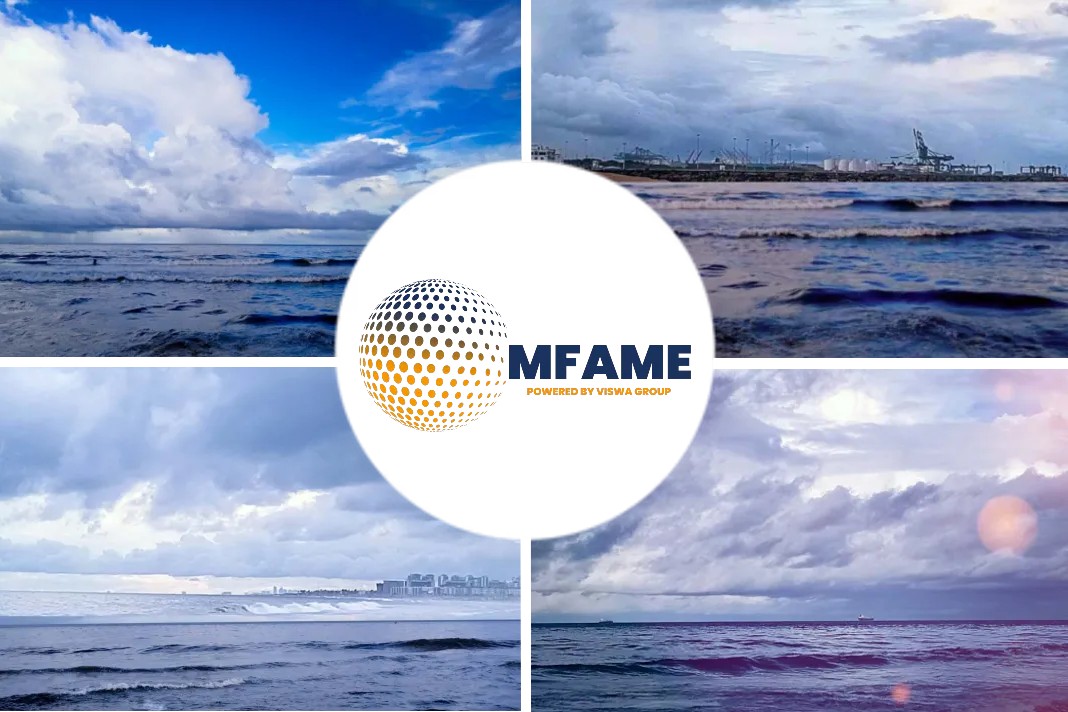Stolt-Nielsen’s Head of Sustainability talks future fuels at SIBCON, Singapore, says a Stolt-Nielsen news report.
Discussions about future fuels
Most discussions about future fuels have largely revolved around their technical and performance credentials, but this is in fact only part of the challenge, said Bill Bryant, Stolt-Nielsen‘s Managing Director for APAC & MEA and Head of Sustainability.
Bryant was speaking at the Maritime and Port Authority of Singapore (MPA)’s conference (SIBCON) in Singapore last week, where he discussed upcoming bunkering trends with other industry leaders.
“Scalability and economic viability of the whole production supply chain and logistics are more important,” he added. “Therefore, the shipping industry needs to take these into consideration when weighing the benefits of alternative fuels because there are economic and financial implications. The ways that fuels are produced also need to be assessed to ensure that we are dealing with a decarbonised fuel on a well-to-wake basis.”
Biodiesel is the only readily available drop-in fuel today
Bryant explained that many fuels require specialised equipment or additional handling procedures before they can be used, which means they are not currently viable retrofit alternatives. Right now, biodiesel is the only readily available drop-in alternative.
It is also important to note that different solutions may be required for smaller ships, taking into account how much cargo capacity may need to be forfeited to house a particular fuel. Bryant cited the work done by the Singapore-based Global Centre for Maritime Decarbonisation (GCMD), which is looking at all aspects of how to handle and manage fuels.
“This is important,” he said, “since the technical parameters are only one issue; safe handling and management of a new bunker fuel requires a lot of testing too. The GCMD is working on a study for the safe handling of ammonia as a marine fuel; in August, it launched a biofuels drop-in pilot project; and this month, the centre launched its end-to-end shipboard carbon capture project.
“Ultimately,” says Bryant, “the industry must continue to look at multiple pathways to assess ‘greener’ marine fuel options because the preferred fuels of the future have yet to be identified. Our experts at Stolt Tankers believe that there will be no silver bullet to the future fuel conundrum. Rather than one solution, the industry will select different fuels for different types of ship and it is important not to eliminate any of the current options too early as an industry. ”
Did you subscribe to our Newsletter?
It’s Free! Click here to Subscribe.
Source: Stolt Nielsen






















